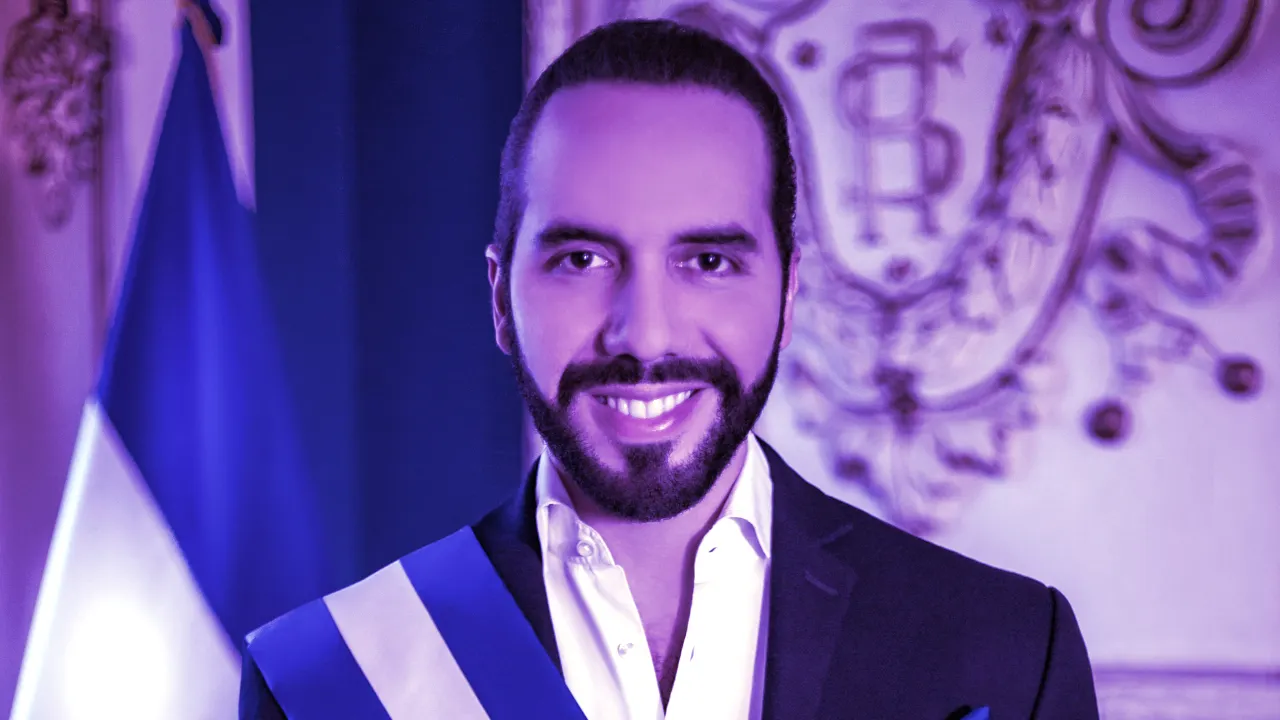President of El Salvador Nayib Bukele announced that he will seek re-election after his term ends in 2024, according to Reuters.
El Salvador is among the countries that prohibited presidents from serving consecutive terms, a ban that was overruled by the country's supreme court in September 2021. “Developed countries have re-election, and thanks to the new configuration of the democratic institution of our country, now El Salvador will too,” President Bukele said in a speech on Thursday.
A keen advocate of Bitcoin, Bukele led El Salvador’s drive to accept the cryptocurrency as legal tender last year. The move sparked criticism from the likes of the International Monetary Fund, prompting El Salvador’s finance minister to declare that, “No international organization is going to make us do anything, anything at all.”
Bukele is also behind El Salvador’s Bitcoin buying spree and plans for a volcano-powered Bitcoin city funded by the issuance of Bitcoin bonds that have been repeatedly postponed. The crypto bear market has made a dent in the country’s Bitcoin investments; in July 2022, Bukele launched a bid to buy back $1.6 billion in sovereign debt.
At the time, Bukele tweeted, “Contrary to what the media has been saying all this time, El Salvador has the liquidity not only to pay all of its commitments when they are due, but also purchase all of its own debt (till 2025) in advance.”
Fitch downgrades El Salvador
Against this backdrop, on Thursday, global markets credit analysis site Fitch downgraded El Salvador’s debt rating to CC from CCC. Explaining the downgrade, Fitch cited “tight fiscal and external liquidity positions and extremely constrained market access amid high fiscal financing needs” in El Salvador.
The Central American country must finance $3.7 billion between September 2022 and January 2023, as well as pointing out an identified gap of $900 million.
Fitch also estimates a 2022 deficit of $2.4 billion and an overall gap in funding of $1 billion when including private bank inflows, Special Drawing Rights and foreign direct investments, putting El Salvador in the position of “the probability of a payment default.”
El Salvador has an $800 million Eurobond debt to be repaid by January, while both the Minister of Finance Alejandro Zelaya and President Bukele insist the country is at “zero risk” of default.
El Salvador’s proposed Bitcoin bonds were expected to garner around $1 billion, according to the Financial Times. The president tweeted the launch of a purchase offer for its sovereign debt bonds earlier this week, but at the time of going to press, has yet to issue an update on the infamous Bitcoin bonds.
Daily Debrief Newsletter
Start every day with the top news stories right now, plus original features, a podcast, videos and more.

